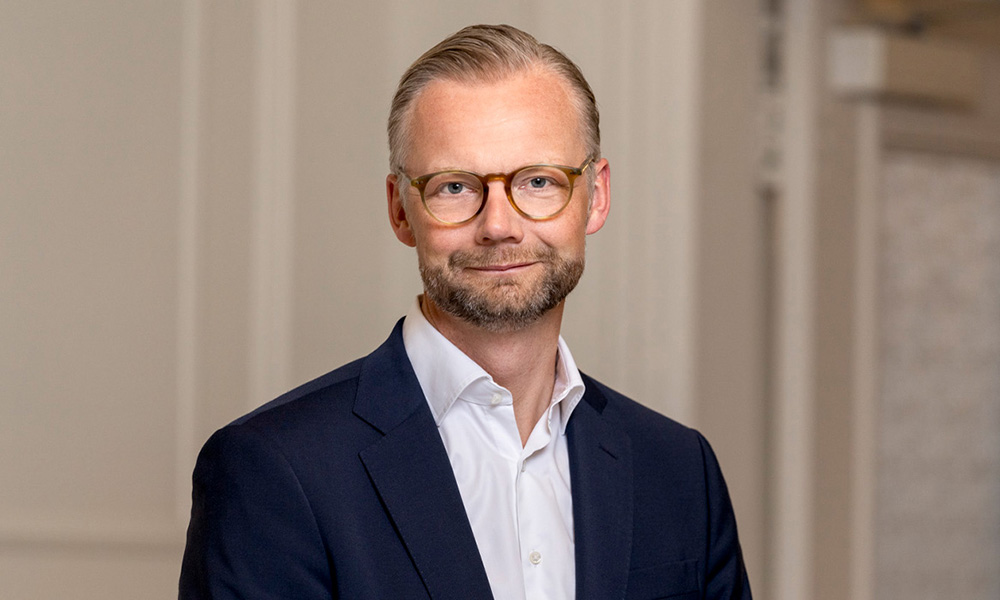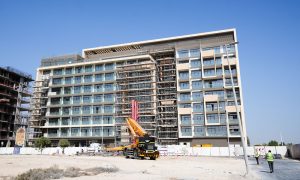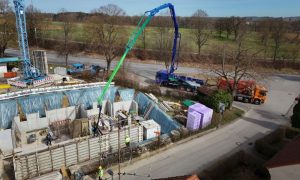Trackunit CEO urges increased decarbonisation efforts following CO2 emissions warning at COP27
The industry needs to put sustainability right at the heart of everything it does to meet targets, stated Soeren Brogaard

In response to a UN Environment Programme (UNEP) report that highlighted that CO2 emissions in the construction industry hit an all-time high in 2021, Trackunit CEO Soeren Brogaard called for the sector to take stronger action on 2050 decarbonisation targets.
At COP27, the UNEP said that emissions rose 5% on 2020 levels to 10 gigatonnes of CO2 equivalent, which was 2% higher than pre-pandemic levels.
“This report highlights that, despite a lot of good initiatives in the construction sector on sustainability, we still have a very long way to go if we are to make 2050 targets. The industry needs to get even better at bringing emissions down and it will only do that if it puts sustainability right at the heart of everything it does,” stated Brogaard.
In early September 2022, a youth movement called for global leaders to take “urgent and bold climate adaption action” and, in November 2022, Abu Dhabi environment and energy agencies unveiled a 60% clean electricity plan for emirate by 2035.

The UNEP said the sector made up more than 34% of global energy demand in 2021. It added that, in Europe, the buildings sector made up 40% of energy demand and said that 80% of that demand was met with fossil fuels.
Brogaard added, “There are so many reasons to be concerned about this. There’s an obvious security concern as the energy crisis of the last few months has amply demonstrated, but we could also be doing more to shift the industry towards electrification and away from fossil fuels.”
He pointed out that telemetry service providers like Trackunit could play a role in helping the industry meet 2050 targets because they delivered advanced machine insights that could give users the ability to extend the life cycle of machines, utilise their tools more efficiently and cut out bad practices that fueled the CO2 emissions crisis.
Later in November 2022, Partanna and Red Sea Global signed a MoU that will see the firms explore carbon-negative concrete developments.

He remarked, “We’re at a crossroads. We’re very active in the industry-wide push to eliminate downtime in construction and this is a potential opportunity to take the rich data we generate, share it, and democratise it, so that our downtime targets can be reached. Through connectivity and the constant evolution of the ecosystem, we can consign downtime to the past.”
He concluded, “Construction will emerge as a fitter, leaner industry and those 2050 targets are attainable. I really believe we can do this, but it will take commitment, a lot of hard work and some tough decisions that need to be taken as soon as possible.”






















